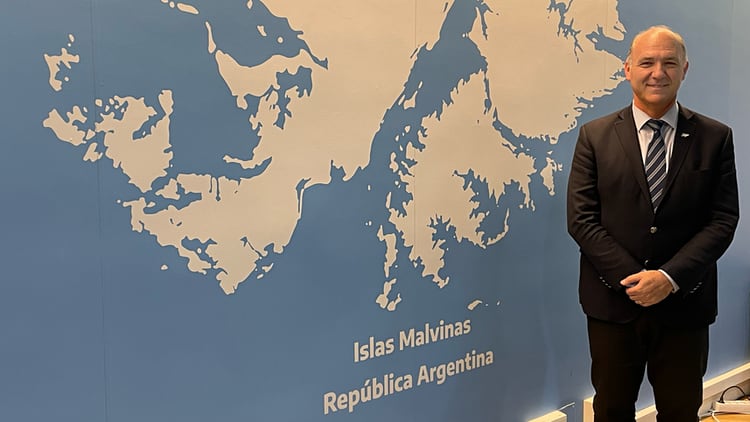The Diplomat
The Plenary of the Congress will debate and vote this coming Thursday on the amendments presented by the Senate to the Draft Law on Cooperation for Sustainable Development and Global Solidarity, which will conclude the parliamentary processing of this initiative before its publication in the Official State Gazette and its entry into force.
Specifically, the Lower House will deal with the 21 amendments introduced by the Senate to the Bill, which modify the original text and affect both the explanatory memorandum and the articles of the initiative. The Plenary will decide on these amendments and will approve by simple majority the final text, which will include the amendments of the Senate that receive the favorable vote of the Lower House. The Minister of Foreign Affairs, José Manuel Albares, will intervene on Thursday before the Congress to defend the Bill.
Last December 21, the plenary session of the Senate approved by a very large majority (260 votes in favor, two against and no abstentions) the Bill on Cooperation for Sustainable Development and Global Solidarity. The proposal was approved with modifications, which made it necessary to return it to the Congress of Deputies for a final debate in the plenary with the amendments of the Senate. In the first vote in the Lower House, held on November 24, the result was 201 votes in favor, 52 against and 94 abstentions.
The affirmative votes came in both Chambers from the PSOE and its partners and allies, and the negative votes from Vox (which had presented an amendment to the totality, widely rejected, against an “ideologized and senseless” law which attacked “national sovereignty”). On the other hand, the main difference between the two votes came from the PP, which in Congress abstained (92 abstentions on its part) and in the Senate chose to vote in favor, after keeping secret what its vote would be in the Upper House until the very moment of the debate.
The new law, which the Government had tried to bring forward before the end of 2022 (it had been processed through the urgency procedure precisely for that reason), updates the current Law on International Cooperation for Development of July 7, 1998, and has, as its main objective, the modification of the Spanish Cooperation system. It envisages the reform of the Spanish Agency for International Development Cooperation (AECID), the establishment of the new Cooperant Statute, the regulatory development of financial cooperation through a regulatory framework of subsidies to make the system “more efficient and agile” and the creation of new instruments to improve evaluation, monitoring and accountability.
It also provides for the creation of the Spanish Fund for Sustainable Development (FEDES), a financial cooperation instrument that will take over the functions of the Fund for the Promotion of Development (FONPRODE). Likewise, the future regulation would give “legal status to Spain’s commitment to allocate 0.7% of GNI to Official Development Assistance (ODA) by 2030”, according to the Government. Among the geographical priorities of Spanish Cooperation, the bill includes for the first time the Sahel and maintains the traditional areas, including Latin America and the Caribbean. Likewise, aid will be reinforced in the event of unforeseen crises.







